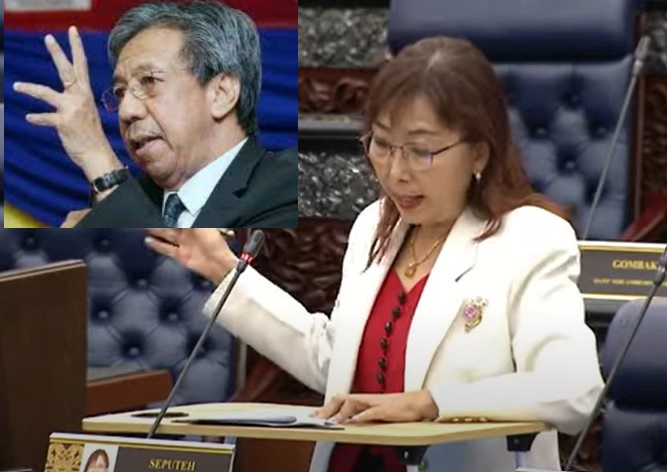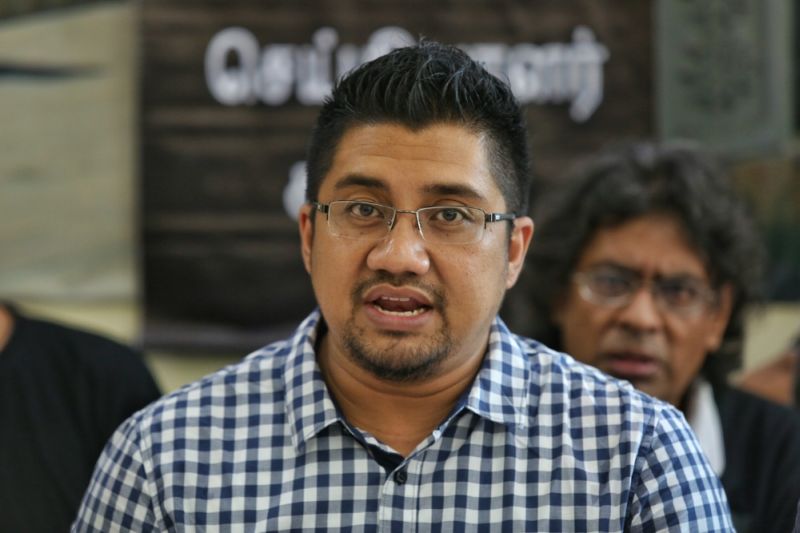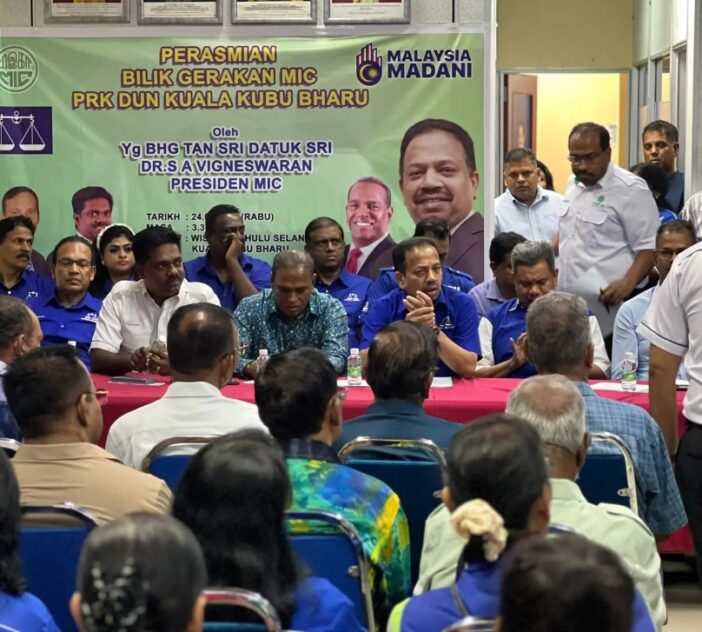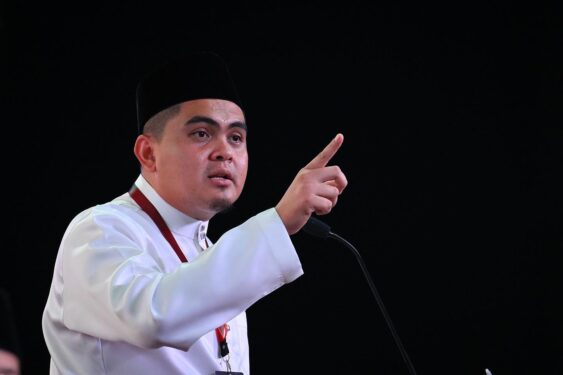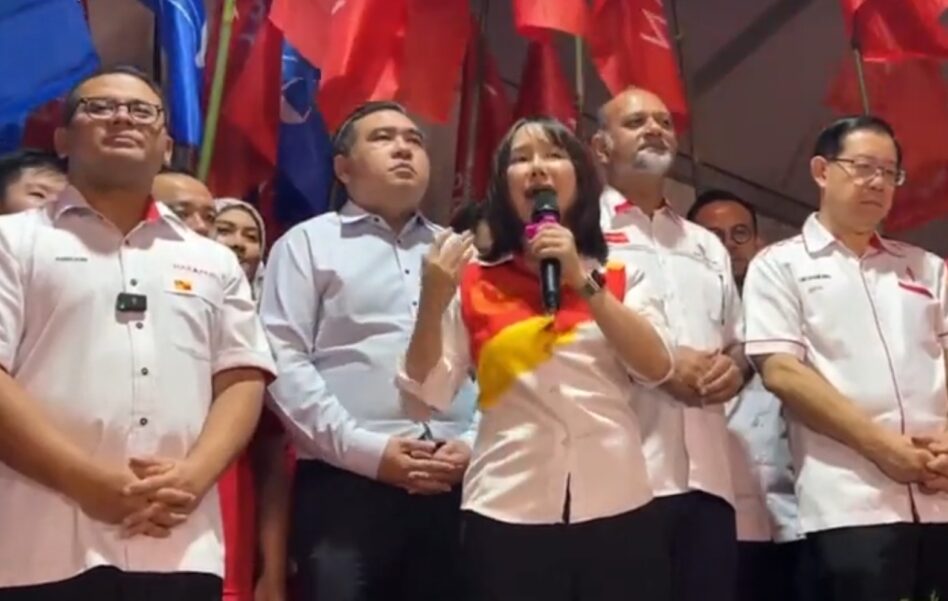IS THERE a necessity for police reports leading to the preparation of investigation papers against Universiti Kebangsaan Malaysia’s (UKM) former professor of ethnic studies and currently a member of the Council of Professors, Prof Datuk Teo Kok Seong?
Teo is being investigated under Section 505 of the Penal Code and Section 223 of the Communications and Multimedia Act of 1998.
Home Minister Datuk Seri Saifuddin Nasution Ismail revealed in the Dewan Rakyat yesterday (March 11) that Teo is being investigated under Section 505 of the Penal Code for public mischief and Section 233 of the Communications and Multimedia Act 1998 for abuse of network facilities.
The police probe follows Teo’s recent interview with Malay language news portal Merdeka Times that Chinese vernacular schools are the source of racism towards the Malays.
In Teo’s opinion, the schools by enrolling mediocre Chinese pupils end up not facilitating integration between pupils of different ethnicity. In short, Teo claimed that Chinese vernacular schools are against national unity.
In all fairness, this is not the first time that somebody has uttered unsavoury remarks about vernacular education, particularly Chinese schools.
Counter Teo intellectually
From the time of political independence until today, vernacular schools have been targeted by Malay nationalists for their closure.
Since vernacular schools are seen as an aberration to the national schools system with Malay as the medium of instruction, their existence cannot be justified.
It is not just the Malay nationalists who are opposed to the vernacular school but some non-Malays particularly those who are English or Malay-educated.
Teo is an example of a non-Malay Chinese Peranakan from Kelantan who disagrees that vernacular schools – both with Mandarin and Tamil medium of instruction – serve the role of unifying Malaysians of different races and religions.
DAP Seputeh MP Teresa Kok was terribly upset with Teo’s statement by his Merdeka Times’ interview.
Rather than logically and rationally countering the invalid arguments of Teo, she urged the police to take action against Teo for spreading false news about Chinese vernacular schools – a typical DAP response of non-intellectualism.
Alternatively, I countered the arguments of Teo by saying that it is wrong and intellectually incorrect to say that vernacular schools are the sources of disunity in the country.
In fact, the vernacular, national and religious schools are not the primary sources of the disunity in the country.
The primary cause is the political system anchored in race and religion. It is the divisive nature of politics that is the cause of national disunity and not the vernacular or national schools.
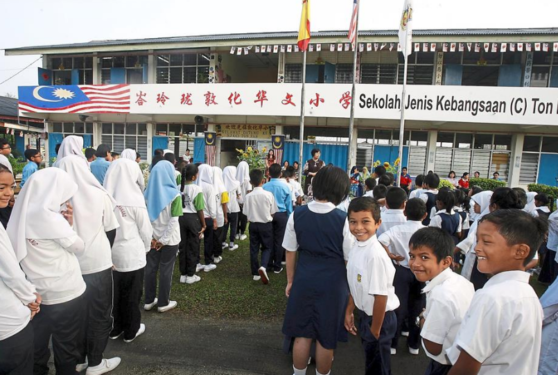
Politics is the culprit
Furthermore, the ethnic and religious discrimination of non-Malays in the public sector employment, admission to public university and matriculation programmes and others seem to justify the existence of vernacular schools.
It is this reaction to ethnic discrimination of the non-Malays that indirectly contributes to the preservation of the vernacular schools.
Teo might be a former academician but this doesn’t mean that we need to agree with him. His remarks about the Chinese vernacular schools might be offensive but he has the right to offer his opinions.
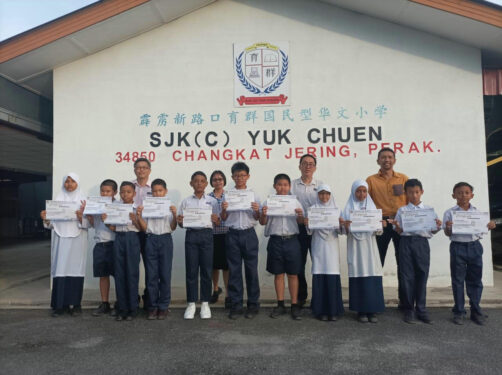
Those who are opposed to his views must take the opportunity to counter him in a rational, logical and in an intellectual manner.
Lodging police reports against Teo is not going to solve the opposition to vernacular schools in the country. Being a one-time champion of vernacular schools, DAP seems to take the easy way out by asking for police reports to be lodged against Teo.
Maybe rather than condemning him, Kok who is also the DAP vice-chairman should have asked Teo to explain the growing enrolment of Malay and Indian pupils in Chinese schools.
If these schools are that offensive, how come near 20% of Chinese school pupil enrolment consists of ordinary Malay children? If their families can appreciate the value of vernacular education, what is the problem with Malay nationalists?
Saifuddin and Education Minister Fadhlina Sidek might want to defuse the polarised situation in the country with regard to the vernacular schools by emphasising police investigation and that these schools have a constitutional basis as per the court decision recently.
Instead of resorting to what seems like a strong-arm tactic, maybe DAP leaders like Kok or others might find the time to call for a debate about the relevance of vernacular schools in the country. Maybe they should ask Teo for debate. I am sure, Teo might oblige. – March 12, 2024
Former DAP stalwart and Penang chief minister II Prof Ramasamy Palanisamy is chairman of the Urimai (United Rights of Malaysian Party) Interim Council.
The views expressed are solely of the author and do not necessarily reflect those of Focus Malaysia.


